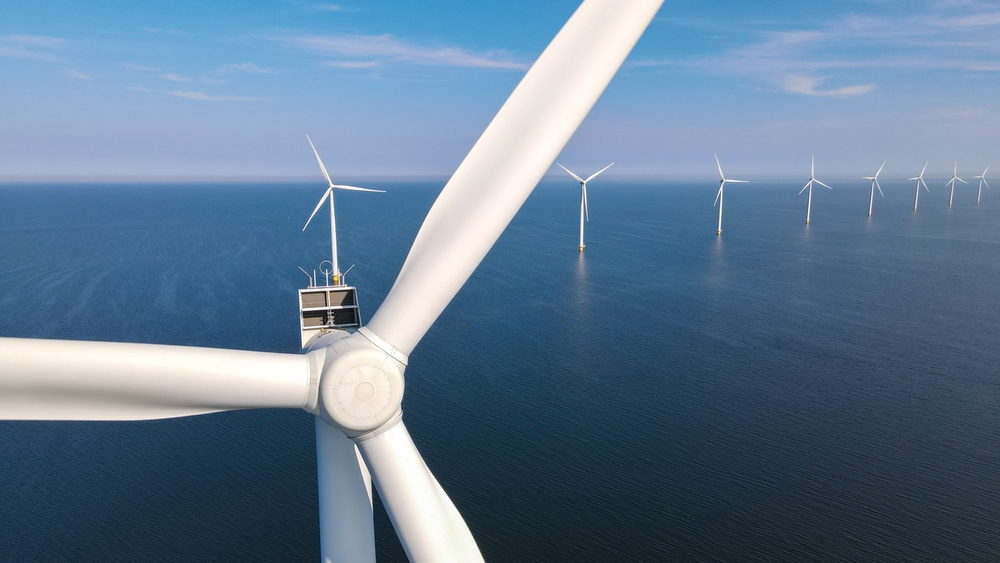A nearly completed offshore wind farm off Rhode Island is idle. The Trump administration is prohibiting the Danish company Orsted from completing its “Revolution Wind” project. Officially, Washington is citing national security concerns. This exacerbates Orsted’s financial problems, as the facility was considered key to future revenue.
Billion-dollar project under pressure from the Trump administration
The “Revolution Wind” project, with investments of $1.5 billion, is 80 percent complete. The offshore wind farm was originally scheduled to begin generating electricity next year. Now Orsted has no prospect of recouping the enormous costs. The world’s leading offshore operator is majority-owned by the Danish state. Even before the intervention, Orsted had announced a capital increase of 60 billion kroner to maintain liquidity.

This is the second time in a year that the Bureau of Ocean Energy Management (BOEM) has halted a major project during construction. According to the company, 45 of the 65 planned wind turbines are already in place, and all foundations have been laid. With 704 megawatts of power, “Revolution Wind” was expected to supply approximately 350,000 households.
Political resistance from the Trump administration
“Orsted is reviewing all options to resolve the matter expeditiously,” the company said. Legal action is being considered, and the company also announced that it will inform the market “in a timely manner” about the consequences for the planned share issue.
Earlier in his term, the Trump administration blocked new licenses for offshore wind power. Officially, this was to investigate the environmental and economic impacts. But Trump repeatedly expressed sharp criticism, calling wind power ugly, expensive, and unreliable.
National security as a pretext
The National Ocean Energy Industries Association warned of job and investment losses. Analysts emphasized that a halt during this construction phase could result in billions in losses.
The Trump administration officially justified the construction halt with national security risks. BOEM Director Matthew Giacona referred to reviews of projects in U.S. federal waters without providing details. This leaves open the question of what threats an offshore wind farm in the Atlantic would pose.
Offshore wind farm industry in crisis
The industry is already suffering from rising costs and lengthy approval processes. In the US, the Trump administration is further exacerbating this situation. Ørsted was forced to announce another capital increase in mid-August to finance ongoing projects. At the same time, partners withdrew from the Sunrise Wind project off the coast of New York.
Competitor Equinor also experienced interventions. In April, Washington withdrew approval for a project, later withdrawing it after negotiations with Governor Kathy Hochul. Nevertheless, the company incurred costs of approximately one billion dollars.
Revolution Wind as a touchstone
In addition to Revolution Wind, Orsted also has ambitious plans in Europe. These include Borkum Riffgrund 3 in the North Sea and Hornsea 3 off the coast of Great Britain. With a capacity of 2.8 gigawatts, Hornsea 3 is set to become the world’s largest offshore wind farm.
The conflict surrounding Revolution Wind, however, demonstrates how political decisions can stall projects. For Orsted, not only is a billion-dollar wind farm at stake, but also the trust of international investors. National security remains a vague justification – the Trump administration is thus blocking the expansion of renewable energies and jeopardizing the future of one of the world’s most important offshore wind projects.
